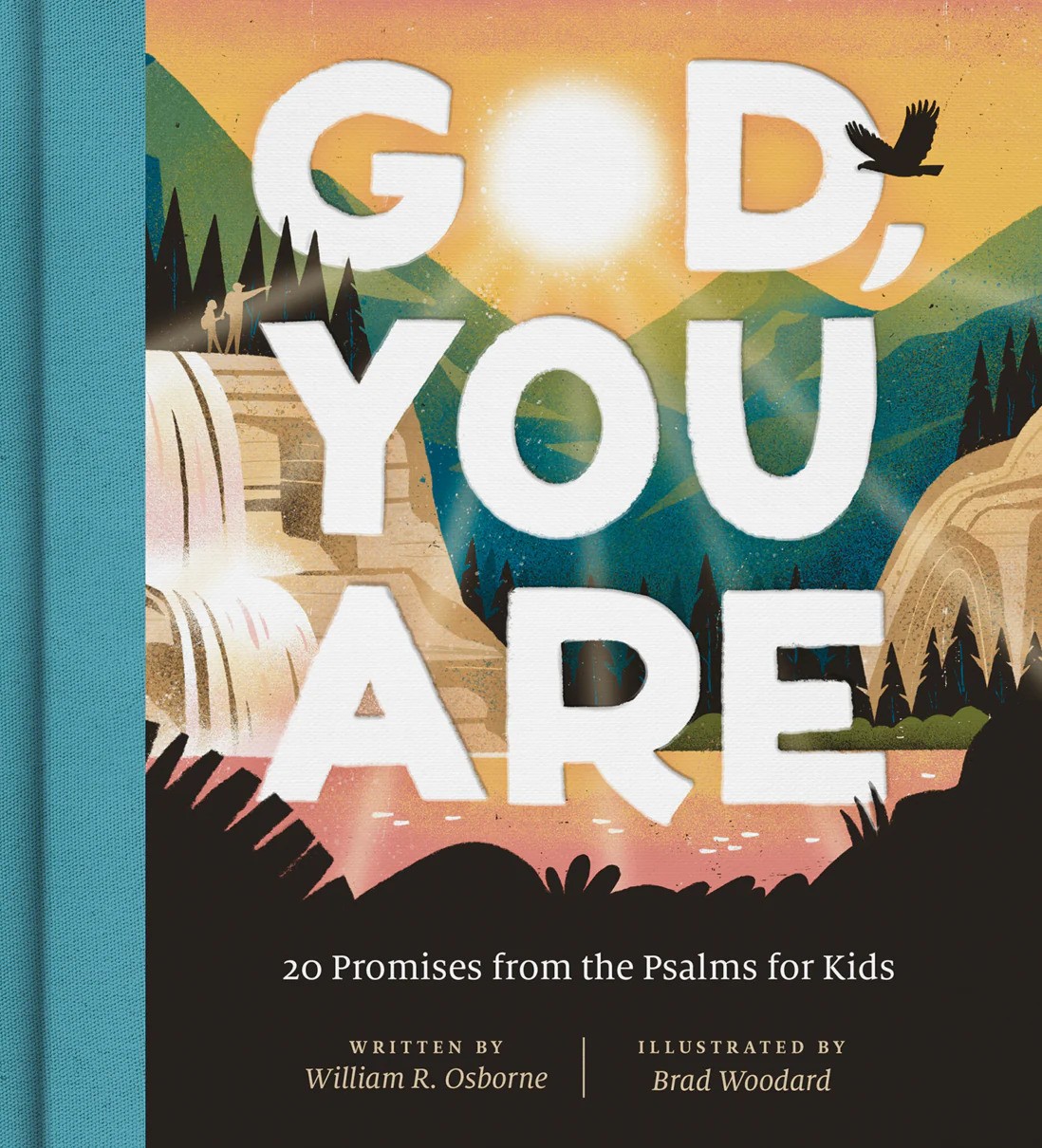In the much-loved story Anne of Green Gables, Anne and her kindred spirit Diana are meeting for what they think is the last time. Forbidden to see one another, they make a solemn promise to remain faithful friends for “as long as the sun and the moon shall endure”. Of course, the separation is short-lived. And though their ongoing friendship is sweet, it is marked by life’s bumps and unkind words. Promises made by broken people are never fully and perfectly kept.
No matter how heartfelt my promise to pray for someone, it is broken through busyness and forgetfulness. A promise to walk alongside a friend through a hard time is broken when it becomes more time-consuming than first thought. Promises to love our spouses are broken when we put our interests above theirs.
A God of Promise
God’s promises are not like the pinkie promises of childhood or the well-intentioned promises of adulthood. His promises are not challenged by circumstances, swayed by emotions or compromised by self-interest. When God makes a promise, he always keeps it (Heb 10:23). God’s promises come from him, the God of truth whose word is truth (Ps 33:4–5; Jn 17:17). He is God—the one true promise keeper. He is committed to all his promises, even the one that was the costliest: his son’s death on the cross, the promise that secured our salvation.
His promises are not challenged by circumstances, swayed by emotions or compromised by self-interest.
As we point our children to God’s trustworthiness, there are many children’s Bibles that clearly show God’s promises woven through the Old and New Testaments (The Big Picture Story Bible, The Beginners Gospel Story Bible Book). These are helpful for our children to see and understand the promises of God as he works in the lives of his people. We can read stories of God making and keeping promises to his people, promises that are ultimately fulfilled in Jesus. But although such Bibles are excellent, they often overlook the psalms.
“God You Are”
Psalms is another place to see and learn God’s promises. These poems, songs and prayers cover every circumstance and emotion of life—happiness, healing, confession, forgiveness, fear, sadness, lament, depression, death. They show God’s character and depict psalmists sometimes rejoicing in, sometimes wrestling with, the intersection between what God has promised and their life’s circumstances.

God, You Are: 20 Promises from the Psalms for Kids
William R. Osborne
God, You Are: 20 Promises from the Psalms for Kids
William R. Osborne
The Psalms are full of “You Are” statements—like “You are my rock and fortress” found in Psalm 31. For generations, Christians have used these phrases to praise God for who he is and what he has done for his people. These short, simple statements provide wonderful opportunities for parents to teach their children about the character of God and reflect on who he is in powerful ways.
God You Are is a new devotional providing families with a way to start small with these big promises. William Osborne takes 20 promises from the Psalms to help families reflect on God’s character together. Each promise is based around a simple and powerful truth about God. For example: “You are with me” (Ps 23:4), “You are my refuge” (Ps 71:7) and “You are my help” (Ps 40:17).
Unpacking The Book
What follows is a short child-friendly devotional, written to teach what the promise means for God’s people and how it connects with Jesus. It allows parents to talk about some of God’s promises that can be hard to understand and apply them to trusting God today. When we consider the truth, “God, you are with me”, we see there is never a place or time when God has abandoned us. Our children learn how his promise of presence brings comfort and assurance: whether scared, happy, sad, or alone, they can speak with God because he promises to be with them.
Osborne often unpacks the psalmist’s imagery in simple language children can relate to. For instance, when we imagine a hiding place as somewhere we go to feel safe and protected, we have a greater understanding of God as our hiding place. He also includes short prayers, modelling what it looks like to turn God’s promises into praise and thanksgiving as well as means of repentance and supplication.
Not every devotion contains guiding questions, but as parents pause and invite children to comment or ask questions, opportunities for conversation will naturally follow. Designed for 4-to-8-year-olds, some words and concepts may also need further explanation, but the promises themselves are stated simply enough to memorise. Over time, they become a powerful collection of truths that can be recalled and referred to regularly in the ups and downs of family life.
As we help engage our children’s hearts and minds in the psalms, our prayer is they will stand in God’s promises as they grow. Not because of any effort on their part, but because they have come to know and trust God as the one who always keeps his promises.













